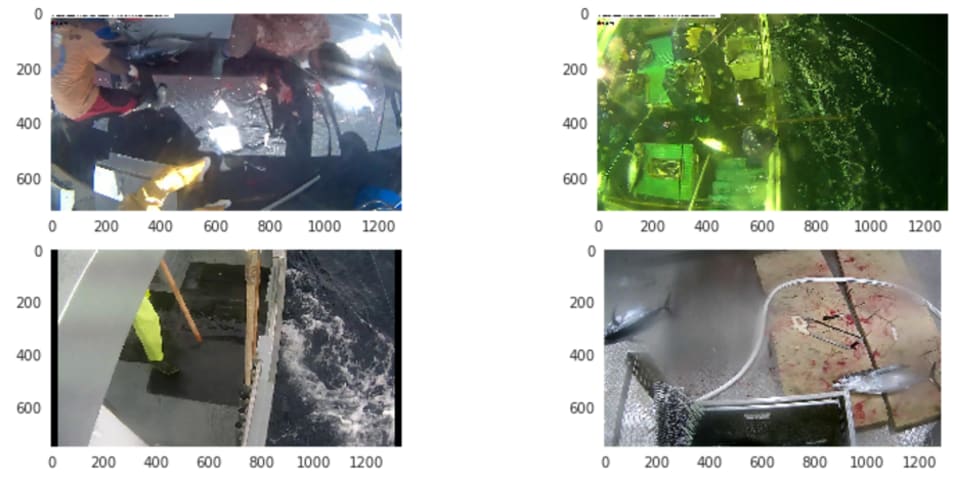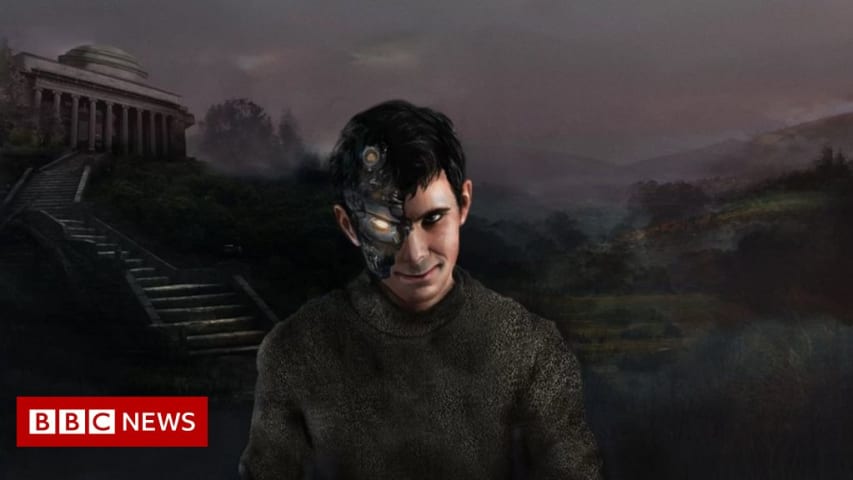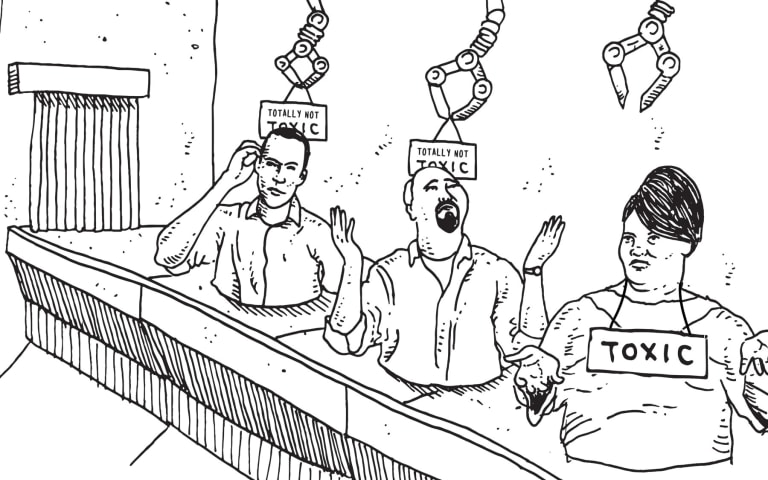Incidente 61: Los modelos de Kaggle sobreajustados desalentaron a los competidores de la ciencia de datos
Descripción: En el concurso “The Nature Conservancy Fisheries Monitoring” en el sitio web de competencia de ciencia de datos Kaggle, varios competidores ajustaron excesivamente sus modelos de clasificación de imágenes a un conjunto de datos de validación poco representativos.
Entidades
Ver todas las entidadesPresunto: un sistema de IA desarrollado e implementado por Individual Kaggle Competitors, perjudicó a Individual Kaggle Competitors.
Clasificaciones de la Taxonomía CSETv1
Detalles de la TaxonomíaIncident Number
The number of the incident in the AI Incident Database.
61
Clasificaciones de la Taxonomía CSETv0
Detalles de la TaxonomíaProblem Nature
Indicates which, if any, of the following types of AI failure describe the incident: "Specification," i.e. the system's behavior did not align with the true intentions of its designer, operator, etc; "Robustness," i.e. the system operated unsafely because of features or changes in its environment, or in the inputs the system received; "Assurance," i.e. the system could not be adequately monitored or controlled during operation.
Robustness
Physical System
Where relevant, indicates whether the AI system(s) was embedded into or tightly associated with specific types of hardware.
Software only
Level of Autonomy
The degree to which the AI system(s) functions independently from human intervention. "High" means there is no human involved in the system action execution; "Medium" means the system generates a decision and a human oversees the resulting action; "low" means the system generates decision-support output and a human makes a decision and executes an action.
Low
Nature of End User
"Expert" if users with special training or technical expertise were the ones meant to benefit from the AI system(s)’ operation; "Amateur" if the AI systems were primarily meant to benefit the general public or untrained users.
Expert
Public Sector Deployment
"Yes" if the AI system(s) involved in the accident were being used by the public sector or for the administration of public goods (for example, public transportation). "No" if the system(s) were being used in the private sector or for commercial purposes (for example, a ride-sharing company), on the other.
No
Data Inputs
A brief description of the data that the AI system(s) used or were trained on.
Images captured on fishing boats
Risk Subdomain
A further 23 subdomains create an accessible and understandable classification of hazards and harms associated with AI
7.3. Lack of capability or robustness
Risk Domain
The Domain Taxonomy of AI Risks classifies risks into seven AI risk domains: (1) Discrimination & toxicity, (2) Privacy & security, (3) Misinformation, (4) Malicious actors & misuse, (5) Human-computer interaction, (6) Socioeconomic & environmental harms, and (7) AI system safety, failures & limitations.
- AI system safety, failures, and limitations
Entity
Which, if any, entity is presented as the main cause of the risk
AI
Timing
The stage in the AI lifecycle at which the risk is presented as occurring
Post-deployment
Intent
Whether the risk is presented as occurring as an expected or unexpected outcome from pursuing a goal
Unintentional
Informes del Incidente
Cronología de Informes
Loading...

Lo que aprendí de la competencia de pesca de Kaggle
Gidi Shperber Bloqueado Desbloquear Seguir Siguiendo 1 de mayo de 2017
TLDR:
Mi socio de Kaggle y yo participamos recientemente en la competencia de Kaggle "The Nature Conservancy Fisherie…
Variantes
Una "Variante" es un incidente de IA similar a un caso conocido—tiene los mismos causantes, daños y sistema de IA. En lugar de enumerarlo por separado, lo agrupamos bajo el primer incidente informado. A diferencia de otros incidentes, las variantes no necesitan haber sido informadas fuera de la AIID. Obtenga más información del trabajo de investigación.
¿Has visto algo similar?
Incidentes Similares
Did our AI mess up? Flag the unrelated incidents
Loading...

The DAO Hack
· 24 informes
Loading...

All Image Captions Produced are Violent
· 28 informes
Incidentes Similares
Did our AI mess up? Flag the unrelated incidents
Loading...

The DAO Hack
· 24 informes
Loading...

All Image Captions Produced are Violent
· 28 informes

